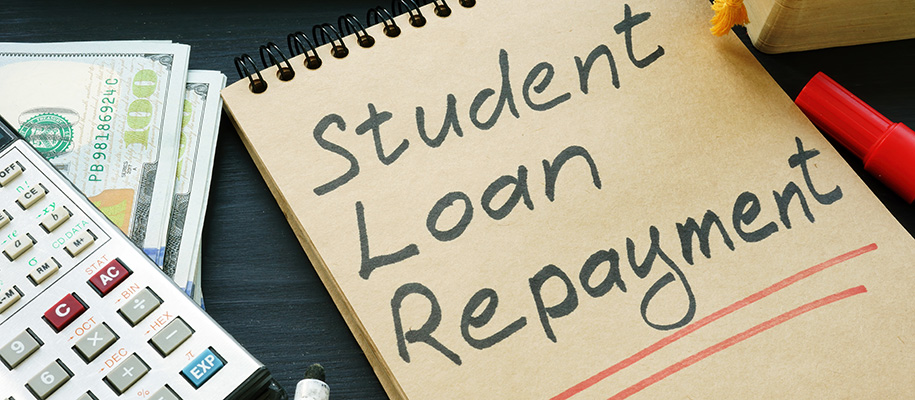With the best of intentions, many parents and grandparents of college-bound students help them pay for school by cosigning on their student loans. A cosigner provides a safety net for both the lender and the student taking out the loan. Students with little-to-no credit history will have an easier time obtaining a loan—and may receive a better interest rate—if they have a cosigner. Banks often feel more comfortable lending to a student who has a creditworthy cosigner who will be equally responsible for the debt. Unfortunately, however, there are some circumstances in which your student could be blindsided and required to pay off the loan all at once. Here's what to know about these sneaky auto-default clauses.
What are auto-default requirements?
While cosigning for your student's or grandchild’s college loans may seem like a simple act of benevolence, some surprising tactics among lenders catch people off guard. Some banks and other student loan lenders implement auto-default clauses, which means students are required to pay off their debt if their cosigner passes away or files for bankruptcy—even if they’ve been making all of their payments in full and on time. While the majority of student debt is comprised of federal loans, which students generally can take out on their own, many students have to take out private loans, which almost always require a cosigner. Lenders may employ this practice as a means of claiming a cosigner’s estate to pay off the loan, but for recent college graduates, auto-defaults are stressful at best and financially devastating at worst.
“Students often rely on parents or grandparents to cosign their private student loans to achieve the dream of higher education. When tragedy triggers an automatic default, responsible borrowers are thrown into financial distress with demands of immediate repayment,” according to Director Richard Cordray at the Consumer Financial Protection Bureau. “Lenders should have clear and accessible processes in place to enable borrowers to release cosigners from loans. A borrower should not have to go through an obstacle course.”
Related: Financial Aid Terms You Need to Know After Graduation
How you can protect your child from auto-defaults
If you’re planning on acting as a cosigner for your teen's student loan, make sure you’ve read all the fine print and are aware of all the lender’s policies. Once your child has graduated and demonstrated they're fully capable of making loan payments, they can begin the process of obtaining a cosigner release, which could prove difficult but not impossible.
Securing a cosigner release will benefit both you and your student because it will help them avoid an auto-default while also getting the debt out of your name. Find out what the lender’s cosigner release policy is before you take out a loan. Once it goes into repayment, make sure your student asks the lender when the loan will be eligible for a cosigner release (lenders aren’t always up-front about the timeline, so it’s important to be proactive and inquire).
Related: 7 Reasons Why You Shouldn't Skip Your Loan Payments
Cosigning on student loans for your students can be an excellent way to help ensure they receive the college education they deserve. Just be sure you’ve researched several lenders, carefully review the documents, and understand all of their policies before putting your John Hancock on the paperwork.







